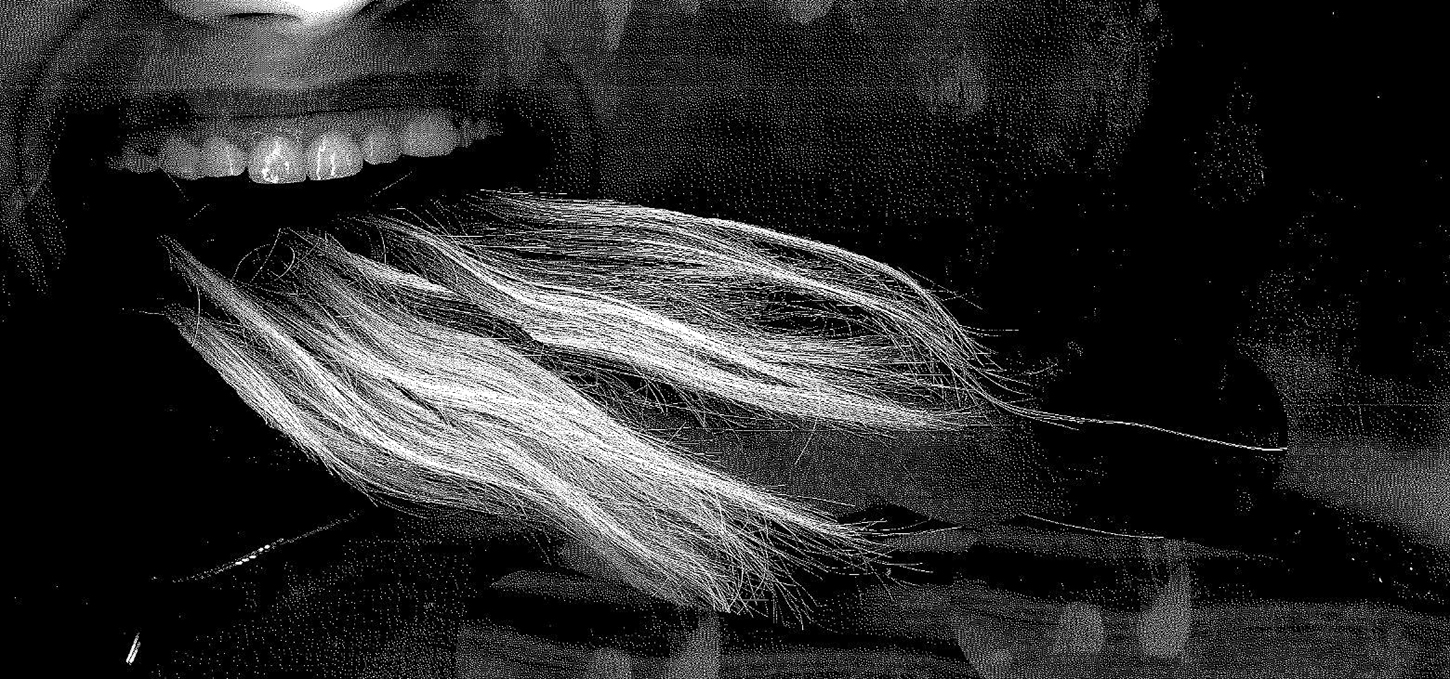
A letter from a child sexual abuse survivor
Coming to terms with my childhood trauma.
My grandmother’s brother was the biggest patriarch anyone in our neighborhood had ever seen. After his first marriage only gave him daughters, he remarried and had three sons.
No one had reason to suspect anything bad happening when kids played with kids. Or so I thought.
Following various other traumas during my teenage years and early adulthood, I found myself entering a psychiatric ward in my mid-20s.
This was clearly a one-time thing, she said, and we should not make a fuss about it.
It's one thing to foster a culture where girls and women live in fear of being subjected to violence. It's even more damaging if you then tell those women that they cannot talk about it.
I’m sure my aunt is sad because she loves me dearly. But her reaction shows exactly why I hadn’t talked about my abuse for decades.
Now that I have finally found my voice, I’m screaming at the top of my lungs. I’m screaming for that little girl, I’m screaming for my mother, my sister and my friends.

Anon.
The author has requested to remain anonymous. For some particularly sensitive or highly personal topics, this is the only realistic way to get an important topic opened up and into public discourse.
This story was originally written in English.